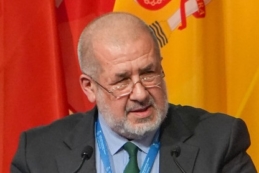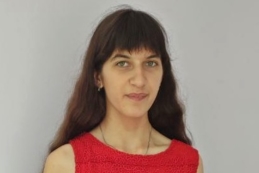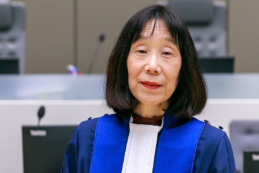occupied Crimea
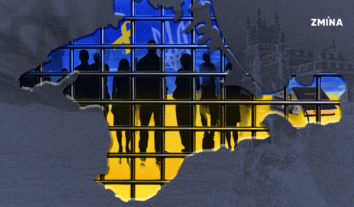
11 years of oppression and repression: how human rights in occupied Crimea are approaching zero
Read about the events, figures and trends in the field of human rights in the temporarily occupied territory in the overview material dedicated to the Day of Resistance to the Occupation of Crimea
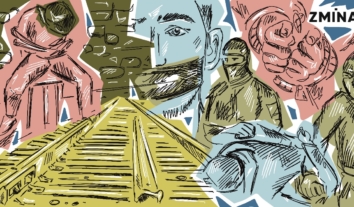
Abductions: from sensation to routine. How the practice of enforced disappearances has changed in the occupied Crimea
Enforced disappearances, arbitrary detentions and politically motivated prosecutions in the occupied Crimea have become the routine. This statement was made by human rights defenders at a session of the UN Human Rights Council last week.

Occupiers admitted stealing more than 12,000 paintings during occupation of Kherson
The exhibits were taken away in October 2022.
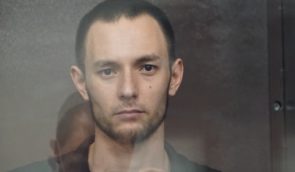
“The father did not find out where Raim was before his death”: why Russia transfers Crimean political prisoners as far as possible from their relatives
Human rights activists consider this to be one of the Russians' methods of putting pressure on those who disagree with the occupation policy in Crimea
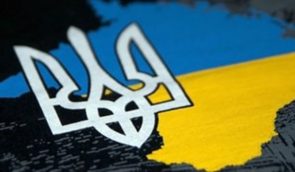
In Crimea, the occupiers arrested 26 locals for Ukrainian symbols over the year
In total, from June 2023 to June 2024, the experts of the organisation verified 59 cases of prosecution of Crimeans under the norms of the Russian Federation's so called “anti-extremist laws” for demonstrating pro-Ukrainian views
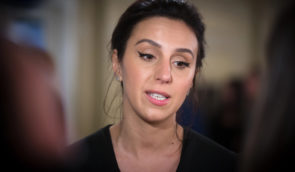
In occupied Crimea, authorities plan to seize property from singer Jamala
The list also includes properties belonging to relatives of Ukrainian politician Vitalii Khomutynnik and “other Ukrainian neighbours of Zelenskyy in Livadiya”, occupying authorities said
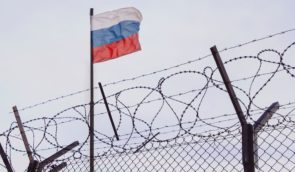
In occupied Crimea, human rights defenders have recorded more than 30 cases of pressure on media professionals and citizen journalists since the beginning of the year
During 2022-2023, ZMINA recorded 162 of such cases
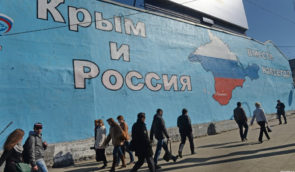
Fines and imprisonments: How Crimeans are persecuted for the truth about the war in Ukraine and dissatisfaction with the occupation
Consideration of protocols on administrative offense for 'discrediting the Russian army's actions' in the illegal "courts" on the Crimean Peninsula is connected with systemic violations of main standards of access to fair justice, the Crimean Process claimed
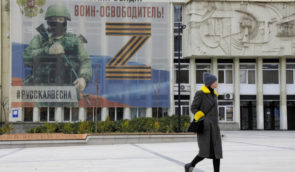
Crimean Human Rights initiative sounds alarm over decreasing healthcare for civilians in occupied Crimea
According to Qirim Gayesi, the maintenance of healthcare institutions has been severely compromised since the onset of the Russian invasion. Heads of medical institutions in Crimea were instructed to send surgeons and surgical nurses to the Ministry of Defense of the occupying country
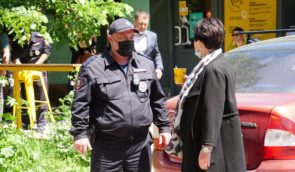
Qirim Gayesi: Russian-installed law enforcement agencies threatened and attacked іndependent lawyers in temporarily occupied Crimea in 2022
From the first days of the invasion, Russian-installed law enforcement agencies began unofficially threatening lawyers that they would be subjected to martial law. Later, a series of attacks ensued, including the arrest of lawyers, disbarment, and blocking of their mobile connections

Russian forces continue to violate the property rights of Ukrainians in temporarily occupied Crimea, flouting the Geneva Convention – Crimean human rights defenders
The confiscation of properties violates international law and highlights the ongoing aggressive policies of the Russian occupiers
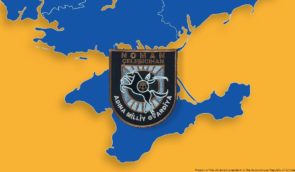
Over 30 citizens of Ukraine are persecuted for participation in the Noman Çelebicihan Crimean Tatar Volunteer Battalion
ZMINA discusses below one form of political persecution in the temporarily occupied territories, which includes cases related to the Noman Çelebicihan Crimean Tatar Volunteer Battalion
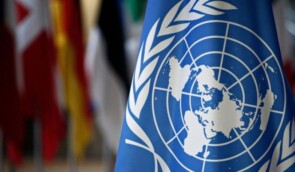
OHCHR documented widespread practices of torture and ill-treatment of Ukrainian civilian detainees by Russian armed forces
Of 38 released civilians (34 men, 4 women) interviewed by OHCHR in the mentioned period, 33 individuals reported having various forms of torture or ill-treatment inflicted on them while in detention, in order to force them to confess to having cooperated with the Ukrainian armed forces, to force them to cooperate with Russian armed forces or affiliated armed groups, or simply to intimidate them
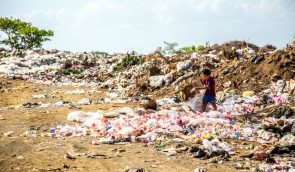
In Crimea a new criminal case was opened against Ukrainian activist Volodymyr Balukh
Head of the Rozdolnensky isolator filed a complaint



